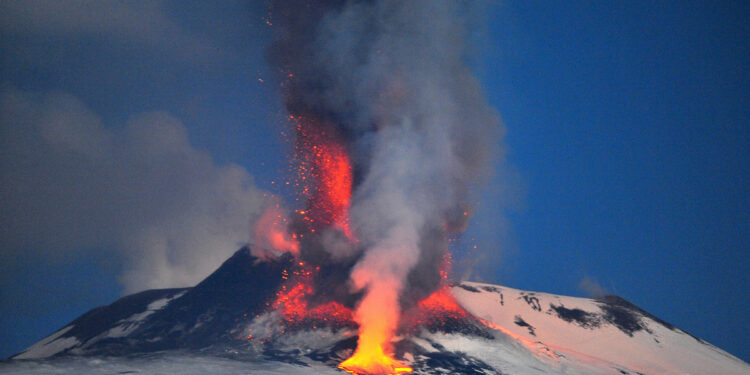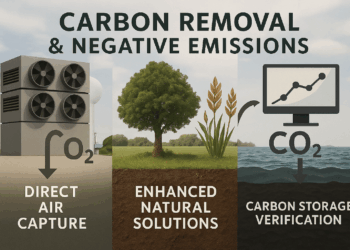A ground-breaking study has revealed a surprising link between the melting Antarctic ice sheet and an increase in volcanic activity, raising new concerns about the cascading effects of climate change. According to researchers, the reduction of the ice sheet’s immense weight could increase pressure on the volcanic rocks beneath, potentially leading to more frequent and intense eruptions.
The study, conducted by an international team of geologists and climate scientists, utilized advanced modelling techniques to examine the relationship between ice sheet dynamics and volcanic activity. The researchers focused on how the removal of billions of tons of ice alters the pressure exerted on the Earth’s crust. Their findings suggest that as the ice melts, the crust rebounds—a process known as isostatic adjustment—creating conditions that may destabilize magma chambers beneath the surface.
A Dangerous Feedback Loop
The implications of this phenomenon extend beyond Antarctica. Volcanic eruptions can inject vast amounts of greenhouse gases, such as carbon dioxide and sulfur dioxide, into the atmosphere, exacerbating global warming. This creates a dangerous feedback loop: rising temperatures lead to more ice melting, which in turn could trigger volcanic activity that accelerates climate change.
Lead researcher Dr. Emily Carter from the University of Cambridge explained, “The melting of the Antarctic ice sheet is not just a consequence of climate change; it has the potential to amplify its effects. Our study shows that the interplay between ice loss and volcanic activity is more significant than previously understood.”
The study identified several regions in Antarctica, such as the West Antarctic Rift System, as particularly vulnerable to this dynamic. These areas are home to a network of dormant and active volcanoes buried beneath the ice.
Historical Evidence
The team also analyzed geological records and found evidence of increased volcanic activity during past periods of rapid ice loss, such as the end of the last Ice Age. These findings lend credence to the hypothesis that current melting trends could have similar outcomes.
Dr. Carter emphasized that while the study does not predict immediate volcanic eruptions, it underscores the importance of understanding the interconnectedness of Earth’s systems. “Antarctica’s ice sheet is a critical component of the global climate system. Its loss could have far-reaching consequences, including impacts we are only beginning to comprehend,” she said.

Call to Action
The study has sparked calls for increased monitoring of Antarctic volcanic regions. Researchers advocate for deploying advanced seismic and thermal sensors to detect early signs of volcanic activity. Additionally, the findings highlight the urgency of global efforts to mitigate climate change by reducing greenhouse gas emissions.
“This research is a wake-up call,” said Dr. Robert Lentz, a volcanologist at the University of Washington who was not involved in the study. “It reminds us that the impacts of climate change are not confined to rising sea levels or extreme weather events. They extend deep into the Earth itself.”
As the Antarctic ice sheet continues to shrink at an alarming rate, the potential for increased volcanic activity adds another layer of complexity to the global climate crisis. Scientists stress that understanding these processes is crucial for preparing for the challenges that lie ahead.
With this study shedding light on yet another consequence of a warming planet, the urgency for international cooperation and action to combat climate change has never been clearer.








